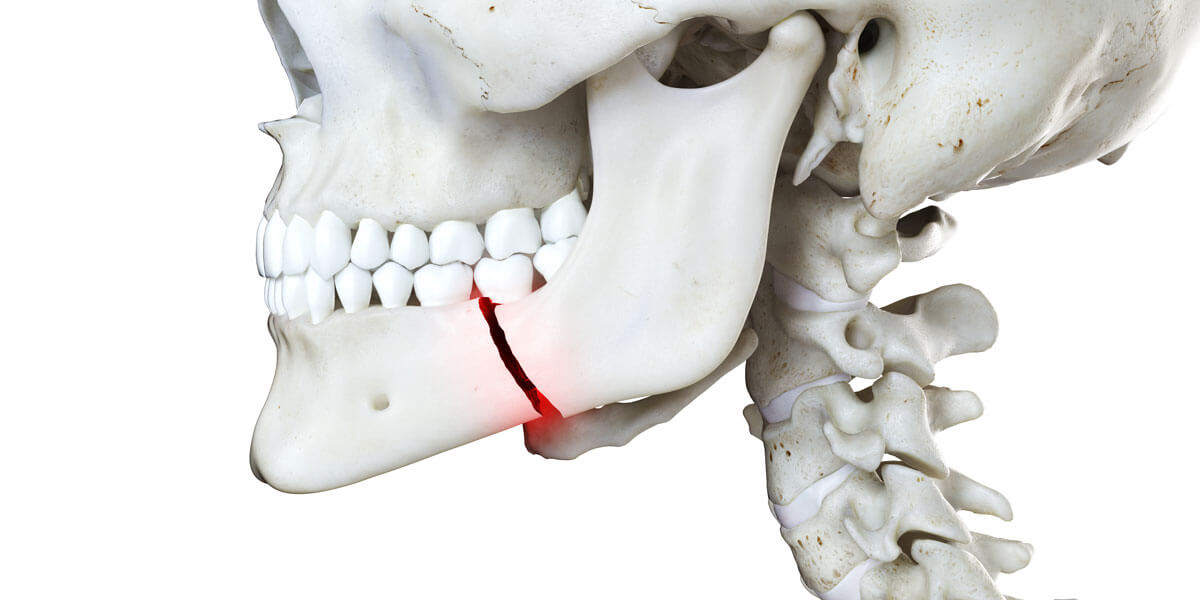
Any physical trauma to your face affecting the facial bones, tissue, and skin is considered facial or maxillofacial trauma. Trauma injuries to your face, teeth, mouth, and jaw can affect your breathing, oral functions like chewing or drinking water, facial movements, and physical appearance.
What are the types of facial trauma?
- Soft tissue injury: Any laceration on superficial skin or even inside the mouth comes under soft tissue injury. You may need careful suturing of that area by an expert.
- Facial fractures: These include fracture or breakage of any bone of your face, such as jaw bone, nasal cavity or cheekbone.
- Tooth and mouth or dentoalveolar injury: In this case, your teeth or bones surrounding the teeth are affected. You may experience a broken tooth or have some of the teeth knocked out of your jaw.
What are the symptoms of facial trauma?
- You may experience swelling or bruising around the eyes, causing double vision.
- Your face or facial bones may be deformed.
- You may experience pain, tenderness, swelling, and redness at the site of injury.
- There may be difficulty in breathing if your nasal cavity is injured.
- Your teeth might be missing or broken.
What causes facial trauma?
- Motor vehicle accidents
- At industrial or construction sites, if workers are not wearing any protective gear
- Slipping or falling from a surface resulting
- Physical assault or domestic violence
- Accidents while playing sports like cricket or basketball
When do you need to see a doctor?
If you undergo a serious injury to your face and you are in pain, you should consult a doctor. In case you are unable to speak, swallow, chew or open your mouth, you should immediately see a dental surgeon.
You can consult your dental doctor or visit a dental clinic in Hyderabad. Or, you can request an appointment at Apollo Dental, Hyderabad. Call 18001020288 to book an appointment.
What are the risk factors for facial trauma?
Many studies have found that facial trauma is mainly associated with accidents caused by motor vehicles or animals.
Possible complications of facial trauma are listed below:
- Excessive bleeding
- Infection in the exposed area
- Feeling of numbness
- Loss of vision or blurred vision
- Uneven face structure
- Inability to chew or swallow
What can you do to prevent facial trauma?
- You should always wear seat belts while travelling in four-wheelers.
- You should wear a helmet when riding a motorcycle.
- You should wear safety gear to protect your head if you work with machines in a factory or play a sport.
How can facial trauma be treated?
Treatment for facial trauma should be started as soon as possible, without any delay. The main aims for treatment should be the following:
- Controlling bleeding
- Preventing scars
- Creating a clear way for breathing
- Treating fractures
- Stabilising the fractured segment or teeth
Conclusion
You should be aware of the details of facial trauma and its associated aspects. Facial trauma is a severe condition in which a patient needs immediate medical assistance and extreme care. It may involve complex surgeries and physiotherapy assistance. The best dental doctors in Hyderabad can provide top-notch dental care and surgeries for any severe and minor facial trauma.
You should use an ice pack as soon as possible and keep your head elevated until you reach the doctor.
It may take 4–6 weeks to heal if your teeth have survived trauma.
You should not delay seeing your dentist, as quick action can prevent your tooth from getting destroyed.


















































